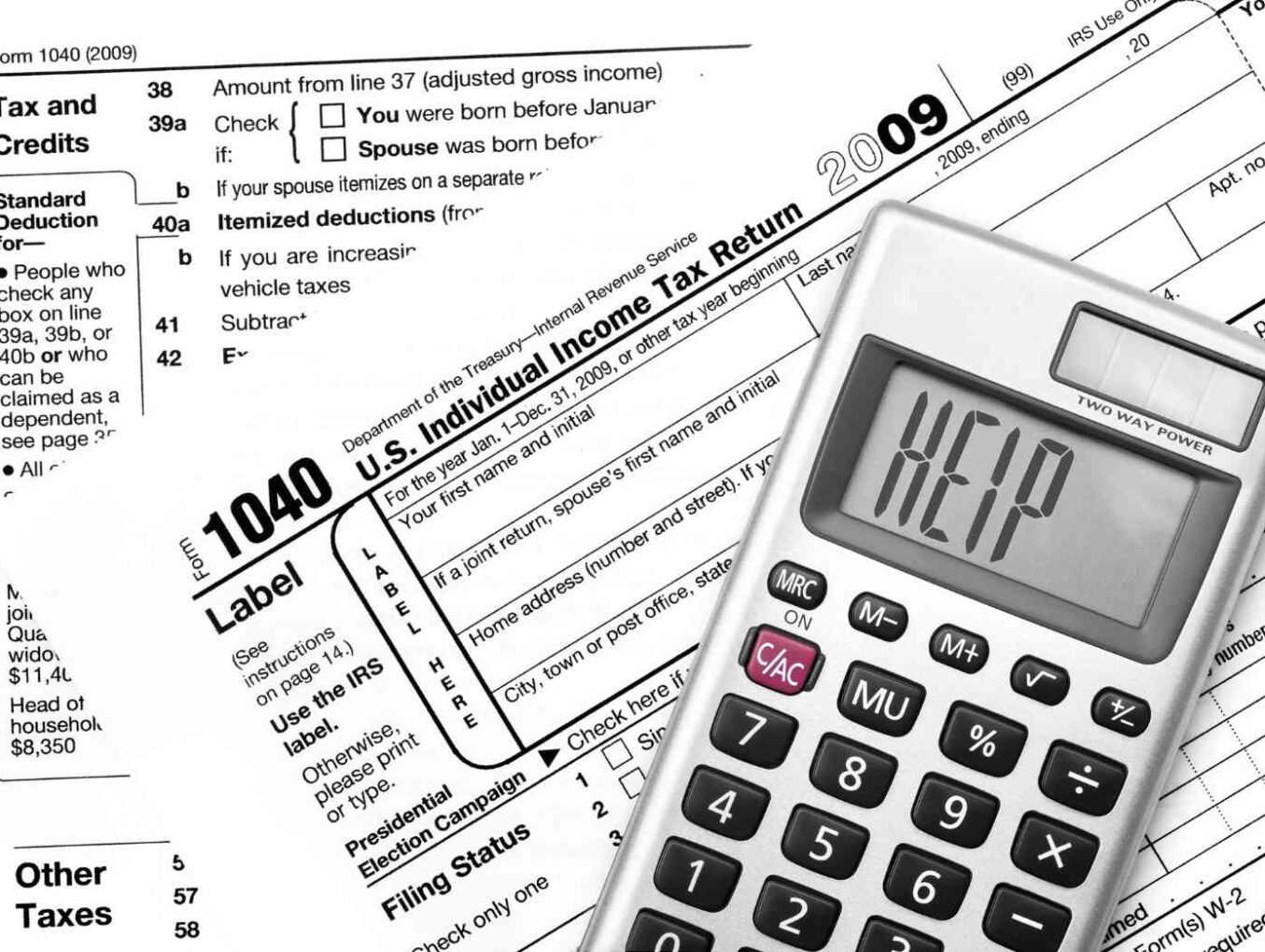It can be worrisome when you owe the IRS taxes and do not have the funds to pay them right now. What could happen? In some situations, the IRS will start collecting back taxes from you. IRS collections can include liens and levies among other actions to settle your tax debt.
Here’s what typically happens when you owe back taxes.
When Does the IRS Start Collecting Back Taxes?
If a taxpayer cannot pay taxes on time, the IRS will send a bill to the individual. This is the start of the IRS tax collection process. This bill is called a tax notice. A CP14 notice is usually one of the first IRS balance due notices sent when you have unpaid taxes.
At the same time, the IRS will send Publication 1 (Your Rights) and Publication 594 (Collection Process). This typically documents all the information that the taxpayer needs to understand the tax collection process.
Will I Be Notified If I Owe Back Taxes Before IRS Collections Starts?
If you owe taxes and don’t pay when you file, the IRS will send balance due notices. They will request payment in full by the deadline date on these notices. As mentioned above, you’ll first receive a CP14 notice that shows how much you owe and when you need to pay.
If you don’t pay, you’ll next receive the 500 series of notices from the IRS: CP501 (balance due reminder), CP503 (2nd balance due reminder), and CP504 (notice of intent to levy).
If you cannot pay on time or don’t make payment arrangements, then the IRS will move forward in the IRS collections process. Additional collections actions can include a tax lien on your house and other property, paycheck/wage and retirement garnishment, and bank levies.
What Actions Can the IRS Take to Collect Back Taxes?
When a tax debt is not paid, the IRS will send notice of the next collection action that it is taking. Most of the time, taxpayers can make arrangements with the IRS to make payments or otherwise catch up on unpaid taxes.
If that does not occur, the IRS may take one of several steps to collect on the taxes owed:
- File a Notice of Federal Tax Lien, which places a lien against real property that could be sold and liquidated to pay the taxes owed.
- Serve a Notice of Levy, which means the IRS can take and sell property owned by the taxpayer to pay off the debt owed. This could be real property, such as a boat or real estate, but it can also be a levy against your income, bank accounts, or other benefits received.
- Offset any refunds that the taxpayer is otherwise entitled to.
How Does the IRS Determine Whether I Can Even Pay Back Taxes When I’m in Collections?
The IRS assumes when you owe a tax debt that you can pay off the full amount. If you know you cannot pay, then it is up to you to contact the IRS and work with them to make payment arrangements, which can include an installment agreement to pay over time or an Offer in Compromise to settle for less.
When working with the IRS, you’ll submit a Collection Information Statement (Form 433) that they’ll review to determine your ability to pay your back taxes and what tax relief options you qualify for. Note that the IRS has up to 10 years to collect your taxes.
Will the IRS Try to Collect Taxes Until I Pay Them in Full?
The IRS will continue to work to collect back taxes until they are paid in full. As mentioned earlier, they may collect back taxes for up to 10 years. However, there are various situations in which this 10-year period can be extended. The key here is that the IRS will continue to collect in most cases until you settle your tax debt in full.
Need help? You can schedule a free call or start online by answering 6 simple questions. We never charge for ‘investigations’ or consultations.
6 Simple Questions. Free Evaluation.
Join our Newsletter
Enter your email address to join our free newsletter. Get all the latest news and updates.

